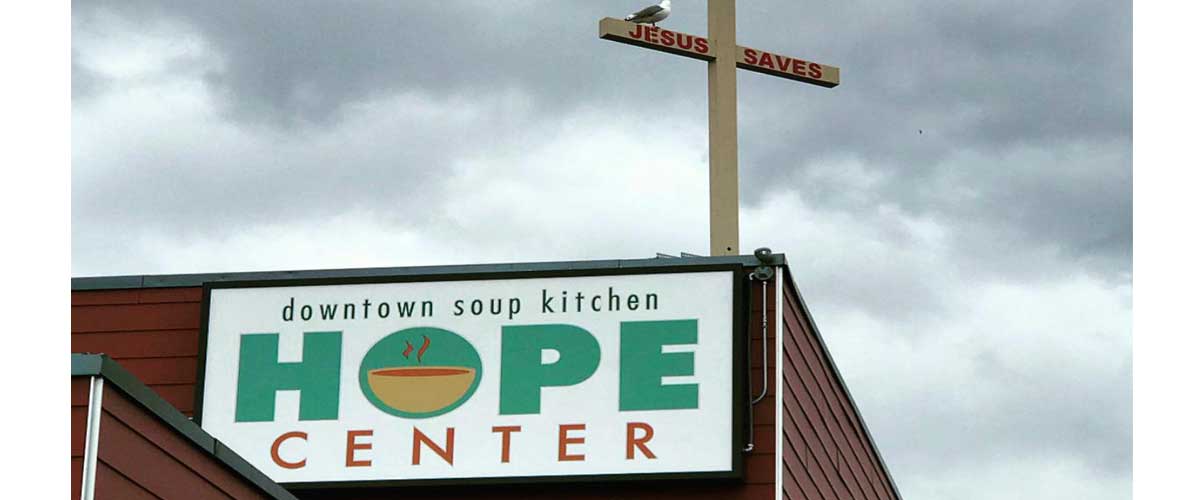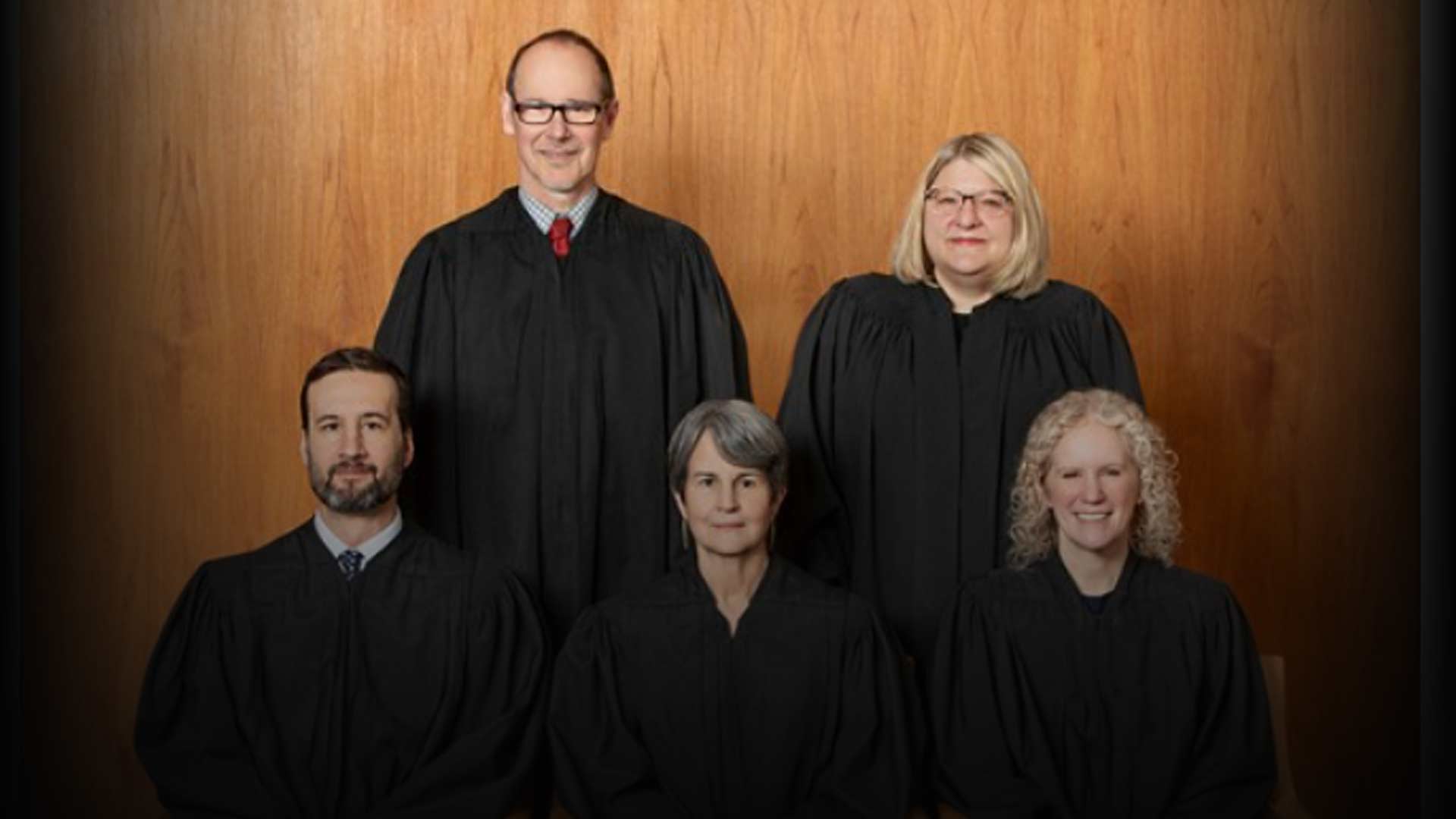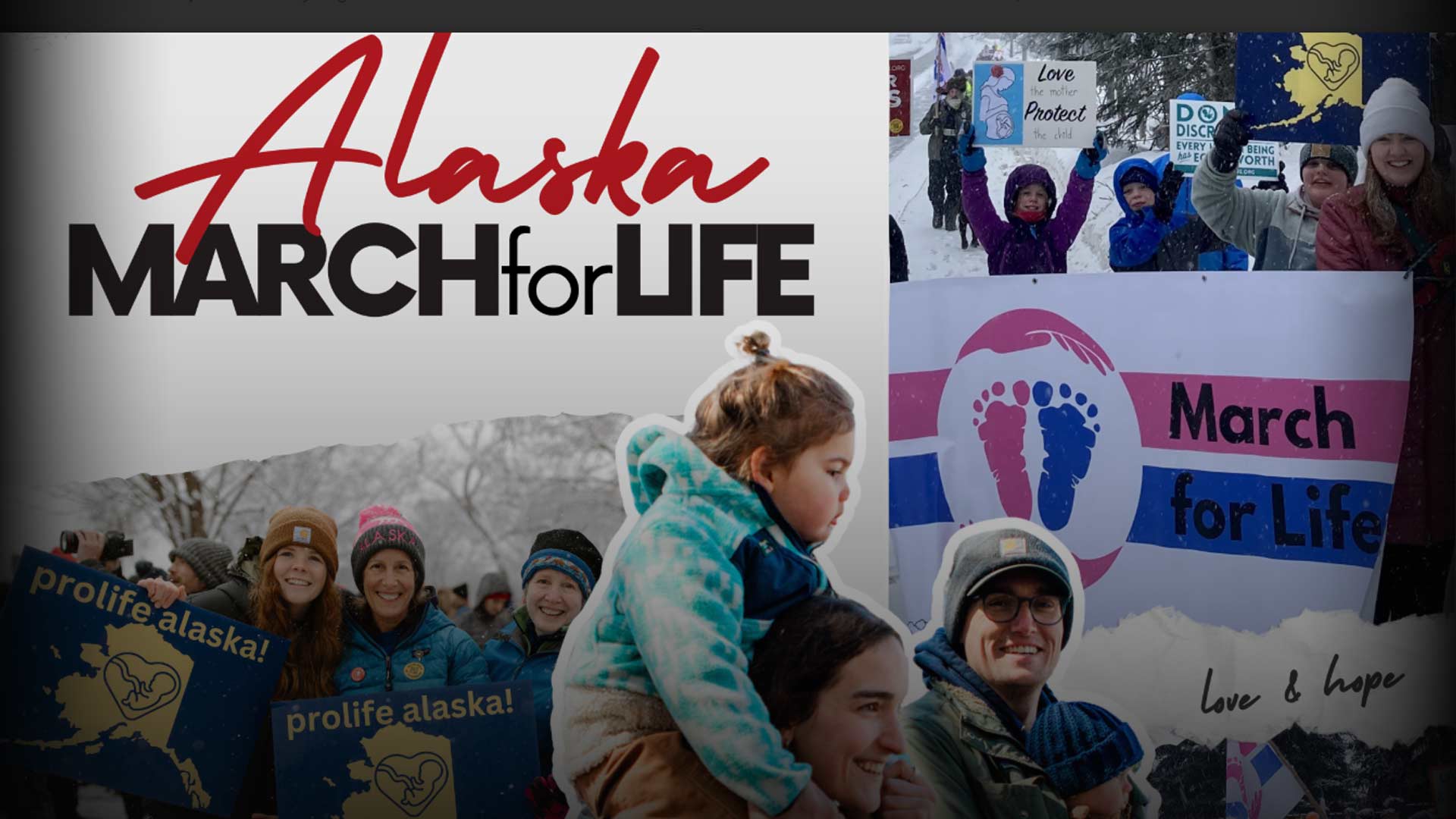
A federal court ruling has temporarily blocked Anchorage officials from forcing a faith-based women’s homeless shelter into admitting biological males.
The controversy stems from an incident in January 2018. According to court documents from attorneys defending the shelter, Anchorage police officers dropped “Jessie Doe,” a biological male who identifies as a woman, off at Downtown Hope Center in Anchorage. The person reportedly “smelled strongly of alcohol, acted agitated and aggressive, and had an open wound above the eye.”
Sherrie Laurie, executive director of the shelter, was called to assess the situation. She explained that Doe could not be admitted because they did not accept people who were inebriated or under the influence of alcohol or drugs.
Laurie recommended that Doe go to the hospital to receive medical care, the memo notes. After much resistance, Doe agreed, and Laurie paid for his cab ride.
A few weeks later the man, who listed his name as Samantha Doyle, filed a complaint against the shelter with the Anchorage Equal Rights Commission, a nine-member enforcement agency charged with eliminating discrimination. Appointed by the mayor and confirmed by the Anchorage Assembly, these members issue subpoenas, gather evidence, call hearings and issue orders. Those who fail to cooperate with the commission are subject to a civil penalty of up to $75 for each offense.
The Equal Rights Commission investigated Hope Center over claims that it violated a city ordinance prohibiting public accommodations from denying services based on sexual orientation or gender identity.
Attorneys representing the shelter are from Alliance Defending Freedom (ADF), a non-profit legal organization that advocates for the right of people to freely live out their faith. According to ADF court documents the complaint against Hope Center is “baseless.”
ADF attorneys noted that the shelter didn’t deny the individual on the basis of sexual identity but rather because the person was inebriated. The attorneys also pointed out that regardless of the reason for denying admittance, the city ordinance specifically exempts homeless shelters from the nondiscrimination code as regards sexual identity.
“Women’s-only shelters, such as Downtown Hope Center, retain the right to provide overnight housing only to biological females to ensure that they have a safe place to stay and don’t have to sleep in close proximity to males,” the attorneys’ stated. “This is particularly important because many of the women at the shelter have been battered or sexually abused by men.”
Nevertheless, the city has used the Code to “investigate, harass, and pressure Hope Center to admit men into its women’s only shelter, and to stop Hope Center’s exercise of its religious beliefs,” the attorneys stated.
The Aug. 9 preliminary injunction issued by the U.S. District Court for Alaska temporarily blocks Anchorage officials from enforcing the challenged provisions against the shelter while its lawsuit against the city proceeds. The court also denied the city’s request to dismiss the lawsuit against them.
Founded 30 years ago by several Anchorage church leaders, Downtown Hope Center is a private, non-profit organization offering free religious teaching, counseling, food and shelter to Anchorage’s homeless women. Guests are invited to participate in prayer before meals, Bible studies, group devotions and church services.
According to the ADF memo, Hope Center’s purpose is religious, “inspired by the love of Jesus” to help homeless women transform their lives.
“Women’s-only shelters, such as Downtown Hope Center, retain the right to provide overnight housing only to biological females to ensure that they have a safe place to stay and don’t have to sleep in close proximity to males.”
“Hope Center lives out that religious mission through acts of service and the inculcation of Christian beliefs and values,” the memo states. “Those beliefs include that God creates people male or female, that a person’s sex is an immutable God-given gift, and that a person should not deny his or her God-given sex.”
“By loving, serving, and teaching homeless women in this environment, Hope Center seeks to encourage them to put their faith in Jesus Christ and free themselves from destructive addictions, habits, or situations,” the ADF memo observed. “But Anchorage is trying to shut Hope Center’s doors and shove hurting women out in the cold — merely because Anchorage dislikes the beliefs that inspire Hope Center to speak and to serve.”
To contact the Anchorage Equal Rights Commission or obtain information about its next meeting, call 343-4342 or email aerc@muni.org.






